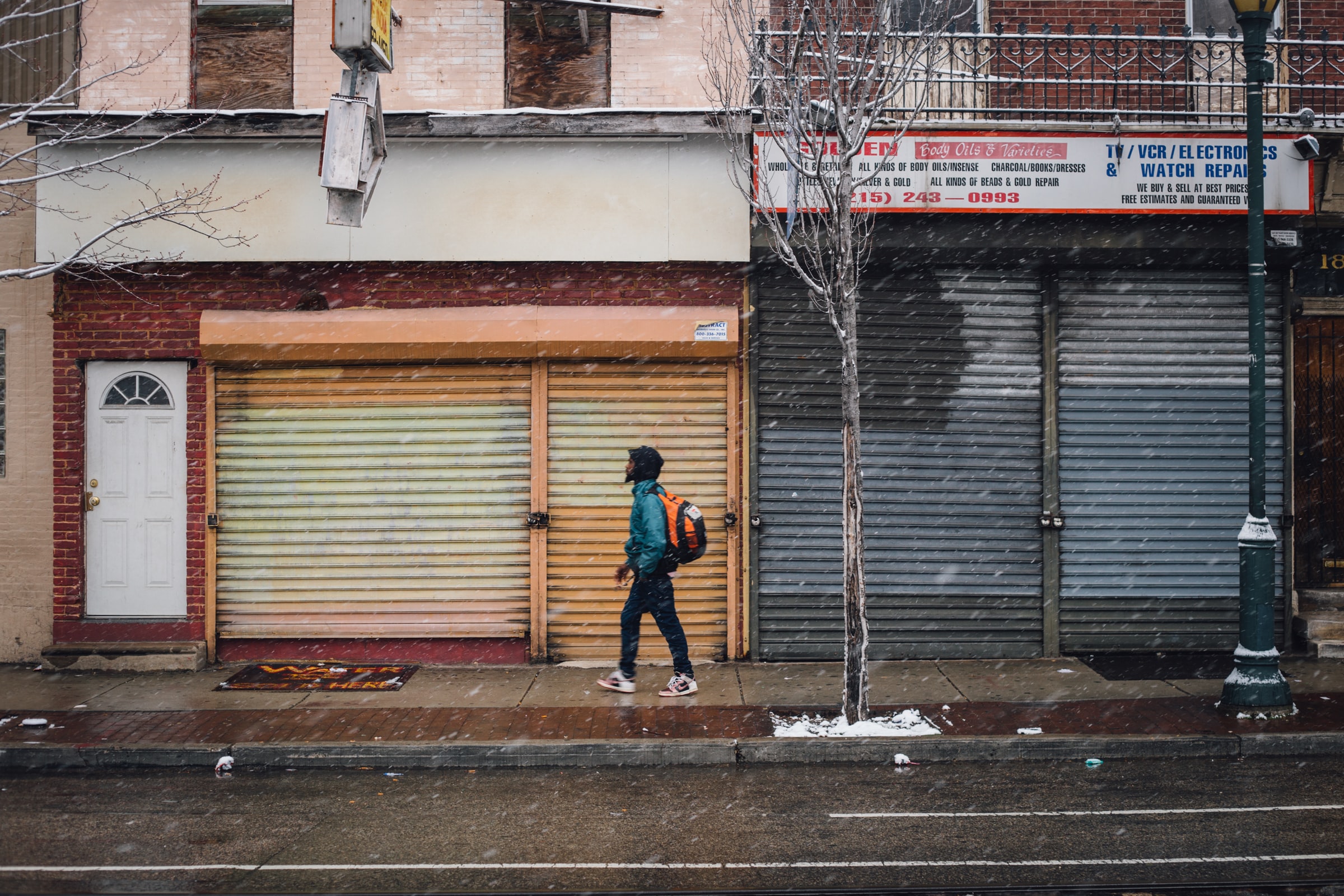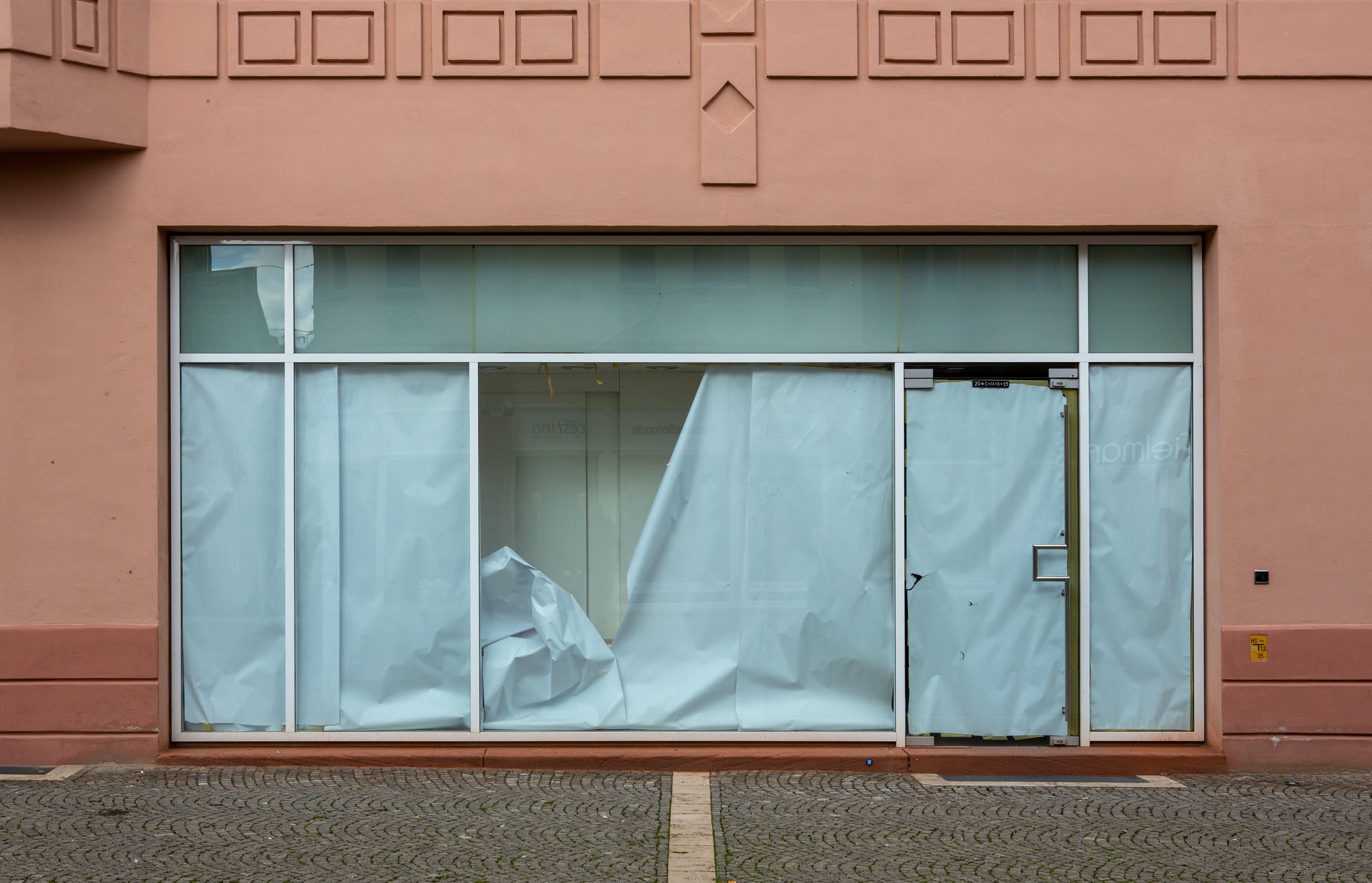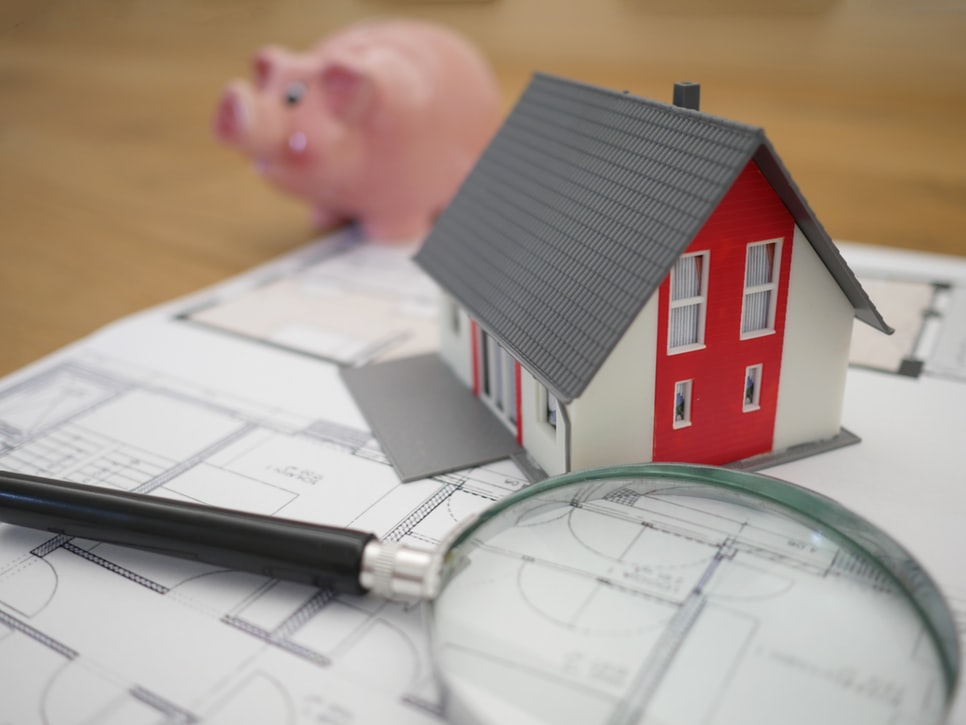What's Included?
Introduction
For two years now we have seen the housing market climb an unprecedented amount. The average house price has risen to new highs and houses have sold for more than expected. However, is the housing market about to stagnate? Stagnation is where the market doesn’t drop but it doesn’t rise either. It shows that there is a lack of growth and is famously what happened in the Soviet Union in the 1970s. In this article we shall take a look at the housing market and what the predictions are.
The end of the property boom in the housing market
The housing market has seen a boom in prices since the pandemic. One of the main reasons for this is the fact that a lot of people want to buy a house. With such high demand there was also a lack of housing available. Meaning with high demand and little supply the prices of those properties available increased.
Yet some property experts predict that some have been overpricing their homes. In some cases, this has led to people dropping the value of their house by £75,000. This seems to be happening most in London and the south east of England.
Looking at the data we can see that the average original asking price is £380,637. This is then dropped to £305,353 which is a fall of 19.8%. The north east sees the biggest drop of 20.5% from the original asking price. But why is this happening?
The causes of the potential stagnation
It’s pretty clear why people are overpricing their homes, they want to make as much money as possible. With the trends of house prices rising and people still buying houses quickly it makes sense to think that you would be able to sell yours for a bit higher and it be sold quick. However, this is not the case. It seems no matter what people won’t pay for things that are overpriced meaning people have had to lower their values.
Alongside this is the current ongoing economic crisis which if you want to read more about click here. Inflation is rising to new levels unforeseen in years. Alongside a rise in energy bills and interest rates people just simply can’t afford to buy a house. This means that we are going to see the first signs of the housing market slowing down and stagnating.
The main question on people’s minds is will we see a market crash? Well, that is difficult to predict as the economy and markets are unpredictable. However, we can say with some conviction that we are headed for a recession that will last at least a year. This will have an adverse effect on the housing market and could send it into a bit of a spiral. How bad the recession is though is difficult to say until the new Prime Minister is elected and able to form their team and set out their policy.
Credibble offers two fabulous solutions.
If you’re preparing to take a mortgage, never apply until you’ve tried our unique and FREE Credibble Home app. Our smart technology will tell you what you need to fix so you avoid rejection. The app predicts when you will be able to buy, for how much and tracks your month-by-month progress to mortgage success. We’ve even added your own mortgage broker, so you get the best deals available.
More focused on your credit rating? Well, get started for free with Credibble’s 24- Factor Credit Check to truly help you improve your creditworthiness and how lenders view you. (Remember: lenders don’t use your credit score! We’ll show you what lenders look for and how to get your credit report in the best shape possible).









